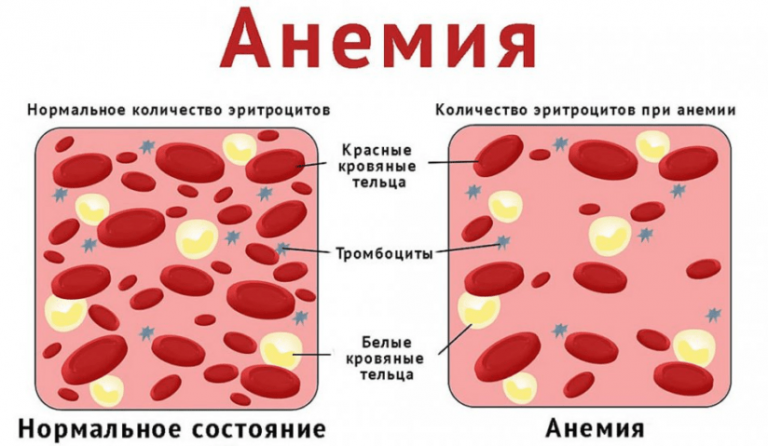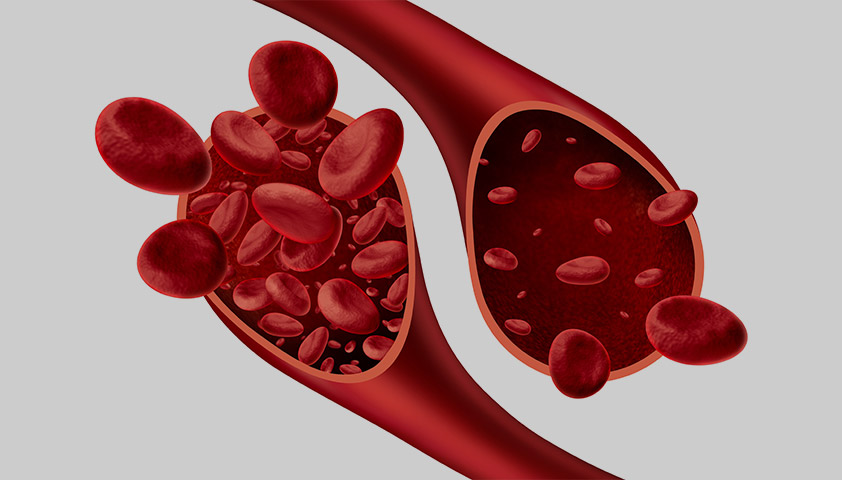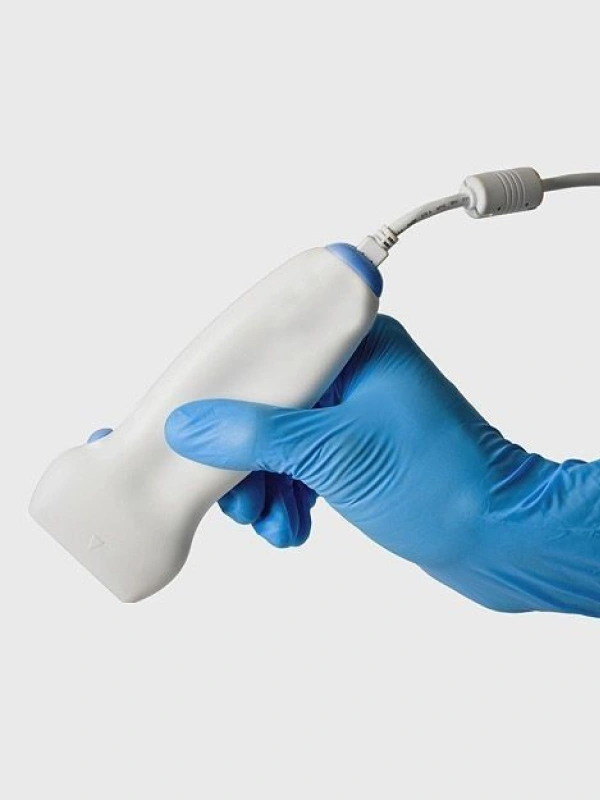Dubai
English
Request a call

Frequent fatigue, pale skin, and dizziness may not just be the result of lack of sleep or stress. Sometimes these symptoms hide anemia – a condition in which the blood lacks red blood cells or hemoglobin. To accurately determine the cause of the ailment and choose the right treatment, it is important to know which tests to take for anemia.
How the search for the cause begins
Anemia can be a symptom of dozens of different disorders – from iron deficiency to hidden inflammations and even tumor processes, so diagnosis is never limited to a single test. The main task of the doctor is to understand what exactly caused the changes in the blood, and for this, various laboratory methods are needed. Taking tests "just in case" is not recommended. It is better to discuss the symptoms with a doctor and only then go to the laboratory. There is a general list of examinations that are most often prescribed when anemia is suspected.
Which tests to take for iron deficiency anemia
Iron deficiency is the most common type of anemia: it occurs with unbalanced nutrition, pregnancy, chronic blood loss, or intestinal problems. To confirm this particular form, certain tests are prescribed. The main ones include:- Hemoglobin: a basic indicator that allows suspicion of deficiency.
- Ferritin: reflects the body’s iron stores. In case of deficiency, it drops sharply.
- Serum iron: shows how much of the metal circulates in the blood.
- Transferrin: an iron-transport protein, its level helps clarify the diagnosis.
- TIBC (total iron-binding capacity): assesses how actively the body tries to compensate for the deficiency.
Which additional tests to take for anemia
In some cases, iron tests alone are not enough, especially if a person has chronic diseases or symptoms that do not fit the typical picture. Then additional studies are prescribed to provide a broader view of the situation. The list of those often used:- Complete blood count with differential: shows how different types of cells behave and the level of reticulocytes.
- Vitamin B12 and folic acid: their deficiency can also lead to decreased hemoglobin.
- Bilirubin and LDH: if red blood cell destruction is suspected.
- Test for antibodies to intrinsic factor (Castle’s factor): to detect the pernicious form of B12 deficiency.
- Hemostasis and coagulation profile: in cases of heavy menstruation or bleeding.
- Creatinine and urea: assess kidney function, which can affect erythropoietin production.
- Abdominal ultrasound: needed if internal bleeding is suspected.

Which tests should women take for anemia
In women, anemia is often associated with cyclical blood loss, vitamin deficiencies, and pregnancy, so it is important to assess not only iron levels but also hormonal balance, the presence of hidden inflammations or infections. The condition of the thyroid and reproductive system is also taken into account. In cases of prolonged menstruation, a doctor may prescribe blood clotting and hormone tests, and during pregnancy, folic acid and vitamin B12 levels are additionally monitored.Which tests should men and children take for anemia
Men are usually prescribed the same basic set of tests, but if internal bleeding is suspected, gastroscopy or colonoscopy may be added. In children, anemia is often caused by vitamin deficiencies, parasites, or malabsorption: in such cases, not only blood but also stool is tested, and sometimes a test for celiac disease is performed.
What tests are done for anemia in chronic diseases
In patients with inflammations, tumors, or kidney failure, anemia may be secondary. In such cases, it is important not only to determine the fact of reduced hemoglobin but also to understand whether it is associated with metabolic disorders, an inflammatory process, or other mechanisms. Doctors often order C-reactive protein levels, protein electrophoresis, thyroid hormones, or even genetic panels if the situation is complex.Symptoms that indicate you should get tested
Anemia rarely manifests suddenly. Most often, these are accumulating signs that a person attributes to stress or fatigue. If you notice that you get tired faster than usual, often yawn, your skin becomes paler, and your hands feel colder, it is worth paying attention. Additionally concerning are:- headaches and floaters before the eyes;
- a craving to eat chalk or ice;
- increased heart rate without exertion;
- dry skin and brittle nails.

List of the most commonly prescribed tests
The main tests that are prescribed:- Hemoglobin and complete blood count;
- Ferritin, transferrin, and TIBC;
- Serum iron;
- Vitamin B12 and folic acid;
- Reticulocyte count;
- Bilirubin, LDH;
- Total protein and electrophoresis of fractions;
- Antibodies to intrinsic factor;
- Parasite tests;
- Ultrasound or endoscopy (if indicated).
Additional tests that may be needed
Doctors may also recommend:- hormone level tests;
- coagulogram;
- C-reactive protein;
- fecal occult blood test;
- tests for autoimmune diseases.

Fill out the form to book your consultation.
Your personal manager will contact you within 10 minutes and arrange a convenient time for your visit.












